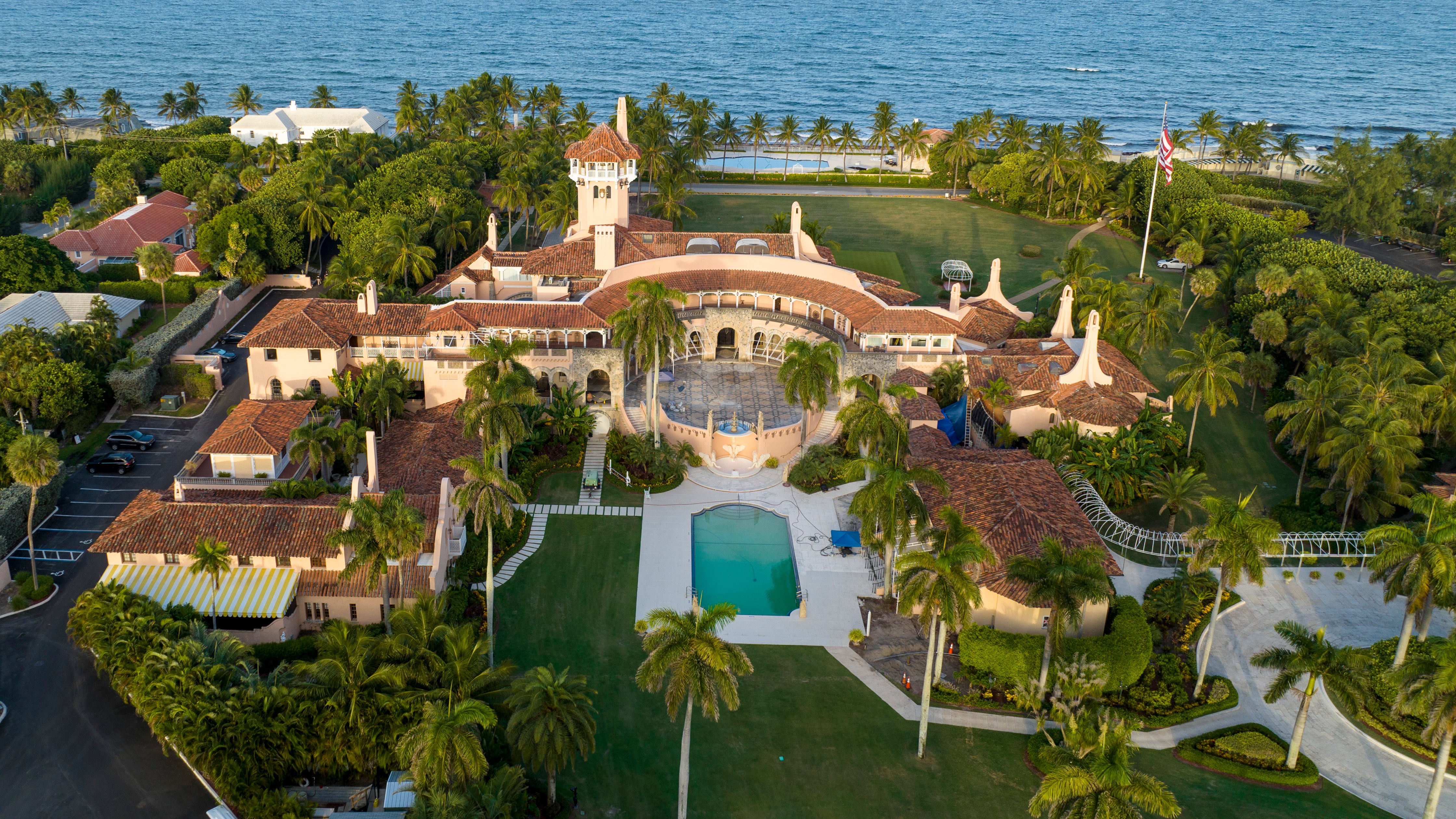
Attorneys for former president Donald Trump never claimed he declassified any documents that were retrieved from his Florida home in January in communications with the Biden administration, and unsuccessfully tried to use claims of executive privilege to prevent the National Archives and Records Administration (Nara) from allowing FBI agents access to the records.
A 10 May letter from the National Archives to one of Mr Trump’s lawyers, M Evan Corcoran, reveals that Mr Trump’s legal team sent a 12 April letter asking the Biden administration for permission to inspect the records contained in 15 boxes which Nara officials picked up from the ex-president’s home.
Mr Trump’s team also tried to delay providing the FBI with access to the boxes for an Intelligence Community review of the materials. At the time, attorney M Evan Corcoran wrote that Mr Trump would be making a “protective assertion of executive privilege” if the requested delay was not granted.
Acting Archivist of the United States Debra Wall informed Mr Corcoran in response that there were “important national security interests” in permitting the FBI and IC to review the documents retrieved from Mar-a-Lago, and cited the presence of “over 100 documents with classification markings, comprising more than 700 pages” which contained information at “the highest levels of classification, including Special Access Program (SAP) materials”.
“Access to the materials is not only necessary for purposes of our ongoing criminal investigation, but the Executive Branch must also conduct an assessment of the potential damage resulting from the apparent manner in which these materials were stored and transported and take any necessary remedial steps. Accordingly, we are seeking immediate access to these materials so as to facilitate the necessary assessments that need to be conducted within the Executive Branch,” Ms Wall said.
The letter, which was first published by a conservative journalist who is also one of Mr Trump’s representatives to Nara, makes no reference to many of the defences Mr Trump’s legal team have laid out in media appearances in the days since the FBI searched the ex-president’s home on 8 August.

It does not mention the alleged “standing order” under which Mr Trump purportedly declassified documents by the act of removing them from the West Wing during his term, or that he declassified them at any other point. Nor does it claim that the White House records were personal documents that would have been exempt from retention at the end of Mr Trump’s term.
Regarding Mr Corcoran’s assertion that Mr Trump would be claiming executive privilege — a legal doctrine that can shield conversations between and among a president and his advisers from outside scrutiny — Ms Wall explained that Mr Trump was not entitled to assert executive privilege to prevent other executive branch agencies from gaining access to records from his former administration.
Citing advice from the Department of Justice Office of Legal Counsel, Ms Wall said there was “no precedent for an assertion of executive privilege by a former President against an incumbent President to prevent the latter from obtaining from NARA Presidential records belonging to the Federal Government”.
“The question in this case is not a close one. The Executive Branch here is seeking access to records belonging to, and in the custody of, the Federal Government itself, not only in order to investigate whether those records were handled in an unlawful manner but also … to ‘conduct an assessment of the potential damage resulting from the apparent manner in which these materials were stored and transported and take any necessary remedial steps,’” she said.
She later added that there was “no basis” for Mr Trump to make a claim of executive privilege to shield the documents from other executive branch agencies and pointed out that the only context under which such a claim could be made would be in response to a demand for White House records from Congress.
Mr Trump previously made exactly such a claim last year after the House January 6 select committee asked Nara to produce White House records created before and during the attack on the Capitol by a riotous mob of Mr Trump’s supporters.
After President Joe Biden declined to honour Mr Trump’s claim, citing the “unique and extraordinary circumstances” of the Capitol attack, the ex-president sued to prevent Nara from providing the panel with the requested records, but multiple federal courts declined to prevent the Biden administration from allowing access to the records and the Supreme Court declined to review Mr Trump’s case.







